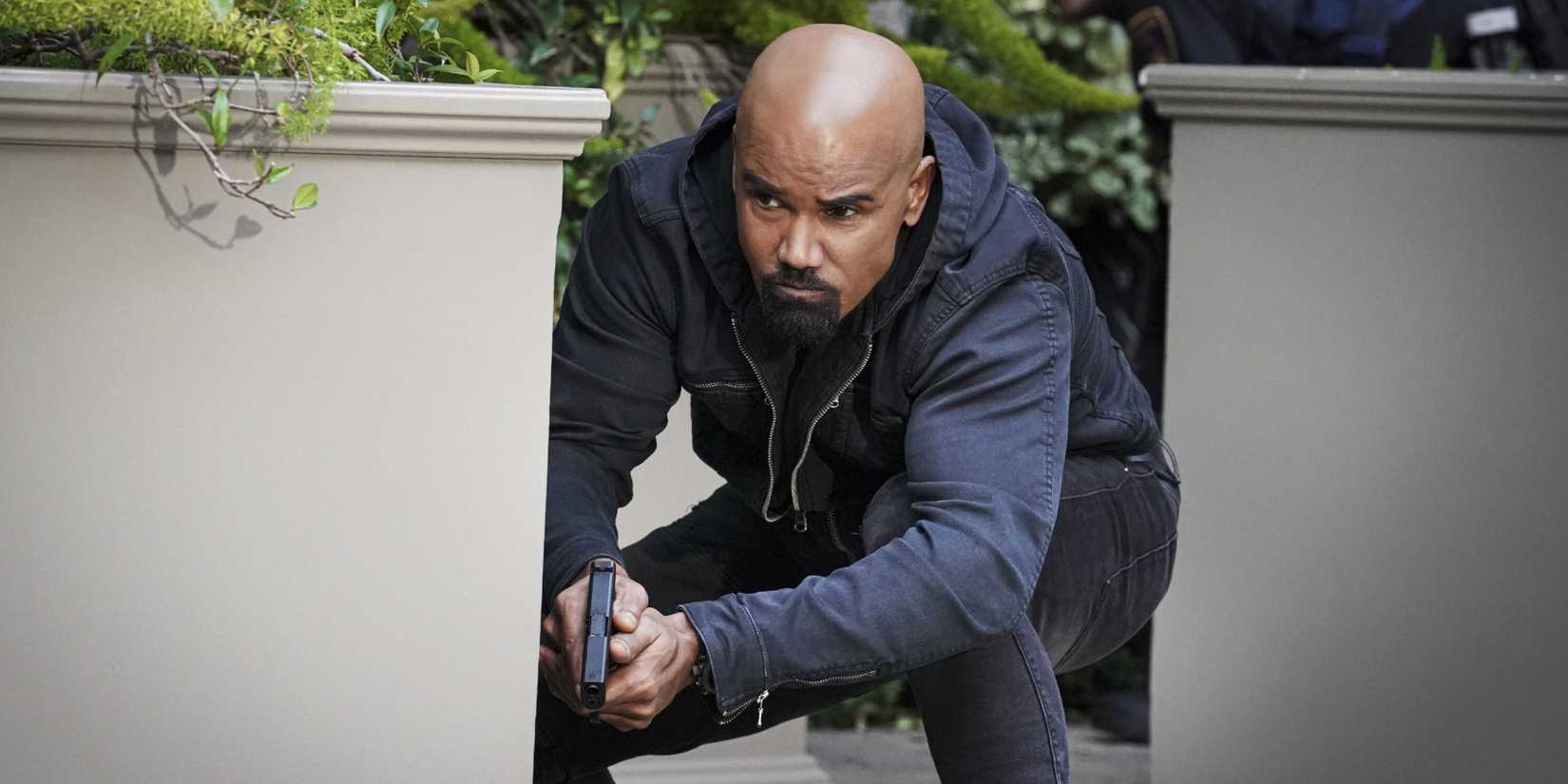S.W.A.T. Exiles just gained crucial momentum. In the wake of CBS canceling S.W.A.T. for the third time—this time after season 8—the spinoff anchored by Shemar Moore’s Daniel “Hondo” Harrelson has moved a step closer to cameras rolling. With a newly awarded California tax credit and a clear path to shoot in the Golden State, the series now has a stronger foundation to deliver the scale, action, and authenticity fans expect from the S.W.A.T. brand.
A New Chapter After Another S.W.A.T. Cancellation
Following the conclusion of S.W.A.T. season 8, CBS once again pulled the plug on the long-running procedural. The network previously canceled the series after season 6 and season 7 before reversing course, making this the third and final cancellation. Almost immediately, news broke that a spinoff, S.W.A.T. Exiles, was in development with Shemar Moore set to reprise his iconic role as Hondo.
The timing raised eyebrows across the fandom, especially after confirmation that Moore is, for now, the only cast member officially returning. While that sparked debate about continuity and chemistry, the core promise of Exiles remains strong: a character-forward expansion centered on the franchise’s breakout lead, with room to explore new storylines, alliances, and threats.
California Tax Credit Gives S.W.A.T. Exiles Real Momentum
According to Gov.ca, S.W.A.T. Exiles is among 22 projects selected to receive a major incentive through California’s Film and TV Tax Credit Program, following an expansion announced by Governor Gavin Newsom in July. Collectively, the slate of funded productions is projected to generate roughly $1.1 billion in economic activity and create more than 6,500 new jobs throughout the state.
For Exiles, that translates into tangible production advantages. Tax credits help offset qualified spending, ease budget pressures, and funnel more resources into what viewers see on screen. From larger-scale set pieces to practical effects, precision stunt work, and location shoots that capture the pulse of Los Angeles, this incentive can materially elevate the series’ cinematic ambition while supporting local crew and vendors.

What the Incentive Could Mean On Screen
Action-heavy storytelling comes with a price tag—specialized training, tactical choreography, multi-camera coverage, and second-unit sequences all add up. A tax credit doesn’t just reduce costs; it also expands creative opportunity. With a more flexible budget, Exiles can invest in realistic gear, authentic tactical operations, and complex crowd or vehicle sequences that give the S.W.A.T. universe its adrenaline-fueled edge.
It also strengthens the production pipeline behind the scenes. From pre-production through post, incentives can support longer prep time, more robust safety protocols, and the hiring of additional department specialists (from stunt coordinators to VFX supervisors), all of which contribute to a polished final product that still feels grounded.
Staying in California Preserves the Franchise’s Look and Feel
One of the biggest creative wins here is geographic. Filming in California allows S.W.A.T. Exiles to keep its visual DNA closely aligned with the original show—iconic streetscapes, tactical operations in urban settings, and the sunlit grit of Los Angeles. That continuity matters, especially as the series introduces new characters and fresh narrative stakes. By remaining in the franchise’s natural habitat, Exiles can evolve without losing the core aesthetic and energy fans associate with S.W.A.T.
Beyond the look of the show, shooting locally makes it easier to maintain relationships with experienced crew, experienced stunt teams, and familiar production infrastructure. The result is a smoother transition for a spinoff that seeks to honor what came before while confidently charting its own course.
The Hondo Factor: Why Shemar Moore’s Return Matters
Hondo is the heartbeat of the S.W.A.T. franchise, and Shemar Moore’s presence gives Exiles instant credibility. Anchoring the new series around a seasoned lead with deep character history creates an immediate narrative compass. It also offers room for meaningful growth—ethical dilemmas, leadership challenges, and emotionally rich arcs that resonate with long-time viewers. Whether Exiles ultimately unfolds as a limited series that bookends Hondo’s journey or blossoms into a multi-season run, centering the story on a fan-favorite character is a savvy move.

Could CBS Have Renewed S.W.A.T. Season 9 Instead?
Some fans argue that CBS could have simply renewed S.W.A.T. for season 9 instead of developing an entirely new spinoff. That viewpoint isn’t without merit: the original series still commanded passionate support. But a spinoff also unlocks creative freedom—a fresh cast mix, a refined tonal palette, and self-contained arcs that can attract new viewers while rewarding loyal fans. If Exiles leverages that freedom to tell tightly focused, high-stakes stories around Hondo, it can feel both familiar and reinvigorated.
Crucially, the tax incentive lays groundwork for sustainable production. If the series earns a renewal, continued filming in California could keep unlocking financial advantages, strengthening the show’s staying power and making it easier to reinvest on screen.
Production Outlook: Signs to Watch as Cameras Approach
While no official filming start date has been announced, the credit award is a strong indicator that pre-production is advancing—think location scouting, hiring department heads, and coordinating schedules. Expect incremental updates as the creative team maps out logistics and finalizes casting around Moore. With financial relief secured and a home base in California, Exiles can focus on delivering the grounded, propulsive storytelling that defined its predecessor’s best episodes.
The show’s standing within a 22-project, state-backed slate is also reassuring. It signals that Exiles meets program thresholds designed to drive in-state spending, local employment, and measurable economic impact—the kind of institutional support that helps a series move from development to day-one of filming.
Why This Matters
S.W.A.T. Exiles isn’t just another spinoff—it’s a test of how to extend a beloved procedural in a way that feels both faithful and forward-looking. The California Film and TV Tax Credit Program gives the series a real shot at doing exactly that. With Shemar Moore returning as Hondo, a commitment to filming in California, and budget relief that can translate into bigger, bolder set pieces, Exiles has the ingredients to satisfy long-time S.W.A.T. fans and intrigue newcomers.
If it delivers, the payoff is twofold: audiences get a sharpened, character-driven continuation of a franchise they love, and California benefits from sustained production jobs and spending. For a show built on teamwork and tactical precision, that alignment between creative ambition and economic support is a promising way to kick off the next mission.
